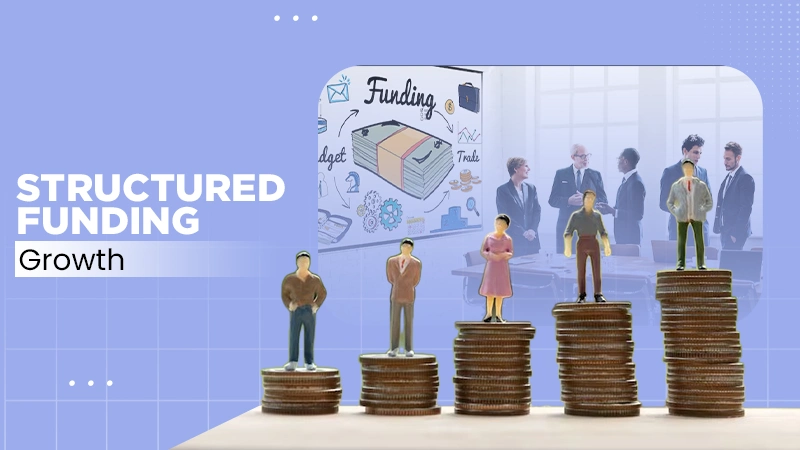The five essential building blocks are income, expenses, investing, saving, and protection.

For a lot of people, creating financial stability can feel hard to cope with, as if it were a mental exercise equating to navigating a faded road map without a compass heading.
But really, personal finance is not some hidden, secret information known only to those who dedicate themselves. To understand its depth: it is a real-life skill almost anyone can learn, taking ownership of their money.
Even with a stable job, without a clear plan, an unexpected cost makes it much harder to think about those big, extraordinary, long-term dreams.
Again, the good news is that all a person needs is practice, so one can move beyond just surviving to actual wealth building by tackling their next step and creating a plan.
So let’s uncover those practical skills!
KEY TAKEAWAYS
- Budgeting is thoughtful plan to reduce overspending.
- To clear up your debts, pay the smallest balance first, and then move towards the larger amounts.
- Early planning for retirement can lead to tax benefits.
Establishing a Budget
The first and most important step is to build a budget. Budgeting does not have to mean restriction, but having an understanding of where your money is going and allocating your spending.
A budget is just a plan for your money, so you know where every dollar goes. When you create a thoughtful budget, it minimizes overspending. You didn’t need to buy or spend towards the financial future you desire, whether that be paying off debt or saving.
Understanding Debt Management
Debt is a single thing that gets in the way of individuals building wealth. The difference between “good debt” and “bad debt” is simply the interest rate. Debt management means creating an intentional plan to address this aggressively.
Using the “Debt Avalanche” (paying the highest interest rate debt first) or the “Debt Snowball” (paying the smallest balance first) serves as a common practice.
Importance of Emergency Savings
Life is unpredictable. Your car breaks down, your pet needs emergency care, or you are suddenly laid unconscious. Without a financial fund or a safety net, these events become significant disasters, forcing you to spend in the worst possible way.
Relying on easy but expensive credit cards or other high-interest loans takes away all your financial progress. There, you need to find out more to prepare for these situations.
Investing for the Future
After you’ve taken care of your high-interest debt and built your emergency fund, saving is just saving, and investing is having your money work for you. You don’t have to be an investing expert to get started.
By investing in a simple, low-cost option, like an ETF, you are participating in the growth of the entire economy. The number one rule of investing is to have time in the market, so starting early is your best chance.
Retirement Planning
When you start retirement planning, you are preparing yourself for those years of enjoying your life. For most people, retirement planning involves a combination of tax-beneficial accounts, such as an individual retirement account (IRA).
These accounts come with amazing tax incentives to help you grow your wealth. One common piece of advice for planning is to contribute enough to get the full employer match. Think about retirement savings as paying yourself first, in the future. Think of retirement savings as paying your future self first.

From tax rules to investment, the choices are always shifting. That’s why financial literacy is not just a good idea; it is essential. Just make it part of your routine to consume trustworthy financial news and evaluate your financial plan with regularity.
Familiarity and understanding the ins and outs of taxes, insurance, and economics will empower you to adapt and identify new opportunities to build and preserve your money.



